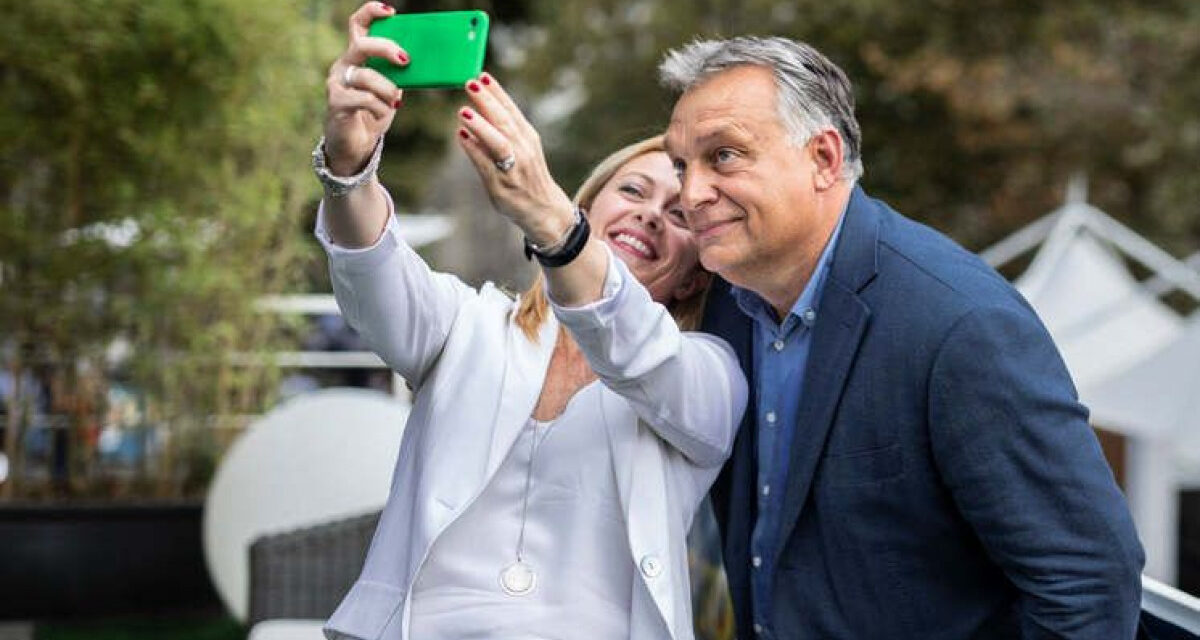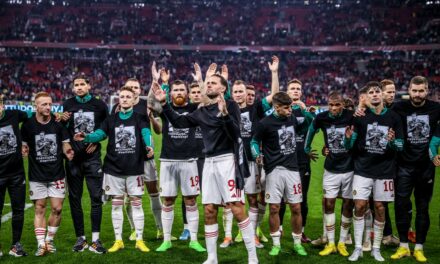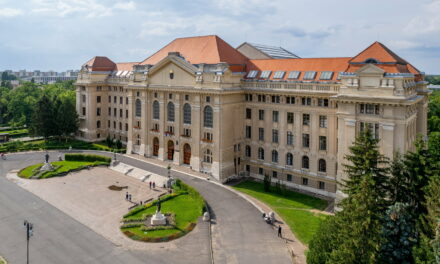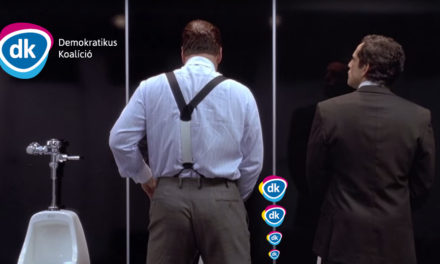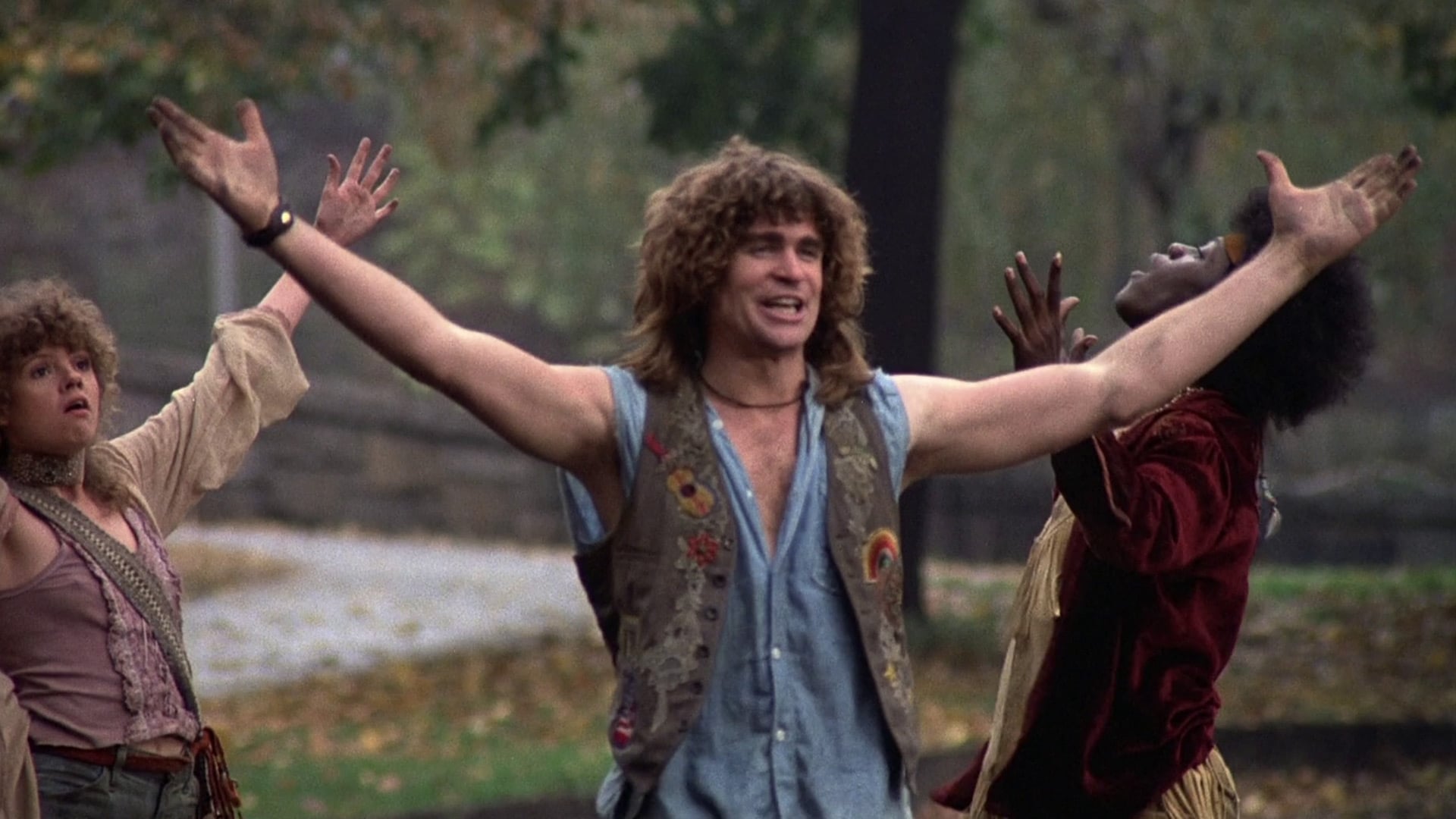Parliamentary elections will be held in Italy on September 25. In recent opinion polls, the right-wing alliance - the Italian Brothers (FdI), the League and Let's Go, Italy! (FI) and their allies - their combined support is close to 50 percent, while the left is around 30 percent. The results indicate that Italians are increasingly concerned about their financial situation, the rising cost of utilities and the migration situation.
Based on the surveys, the Giorgia Meloni-led FdI is currently in the lead with a stable result of around 25 percent, followed by the center-left Democratic Party (PD) with 21-23 percent. However, the polling institutes have a common denominator in that if the election were held now,
THEN THE ALLIANCE FORMED BY THE THREE LARGEST (FDI, LIGA, FI) AND THE SMALLER RIGHT-WING PARTIES WOULD WIN.
Even according to the most conservative estimates, the coalition has 46-48 percent support. (The League led by Matteo Salvini is currently around 13 percent, but Silvio Berlusconi's FI is also close to 10 percent, and the smaller parties are also added to this.)
Italians worry about their money
According to the Emg institute, six out of ten Italians are concerned, in addition to the country's economy, first and foremost with their own financial situation; according to them
THE CHANCE OF WINNING THE ELECTION ON THE BRIDGE, WHO IS ABLE TO PROVIDE APPROPRIATE SOLUTIONS TO THE PROBLEMS OF THE POPULATION WORRIED BECAUSE OF INFLATION AND FREEZING ENERGY PRICES.
Italians seem to trust the right-wing parties in this regard.
According to surveys, the right-wing coalition not only has a good chance of winning the election in Italy, but according to all indications, they can even approach the two-thirds mandate.
AMONG ITALIANS, THE QUESTION AT THE MOMENT IS NOT WHETHER THE RIGHT SIDE WILL WIN THE ELECTION, MUCH RATHER: HOW MUCH WILL IT WIN.
The right-wing alliance is currently ahead of the center-left bloc by around 19 percent - it needs a 21-22 percent advantage to reach the qualified majority, so there is not a big difference.
A majority of this proportion would otherwise be unprecedented in Italy's recent history.
Giorgia Meloni demands Brussels reforms similar to those of the Hungarian Prime Minister - this was revealed recently in her interview with the Frankfurter Allgemeine Zeitung. According to the president of the FdI, many things need to be changed in the European Union. He also spoke about: "For too many years, Brussels extended its powers to many aspects of our daily lives, was unable to develop a common foreign and defense policy, and was unable to ensure our energy autonomy. (…) Well, I want a Europe that does better with less: with less centralism and more subsidiarity, less bureaucracy and more politics".
Giorgia Meloni has proven on several occasions that she shares the same position as Viktor Orbán. At their meeting last year, he stated that their common goal is for the right to once again be the biggest political force in Europe. It was also memorable when Meloni invited Viktor Orbán to the FdI event in 2019, where the crowd started singing the song Avanti ragazzi di Buda from 1956 during the speech of the Hungarian Prime Minister.
On September 25, more than 50 million Italian voters are expected to go to the polls. The next Italian parliament will have 400 members, the entry threshold is 3 percent for parties and 10 percent for party associations.
Source and full article: Origo
Featured image: MTI

